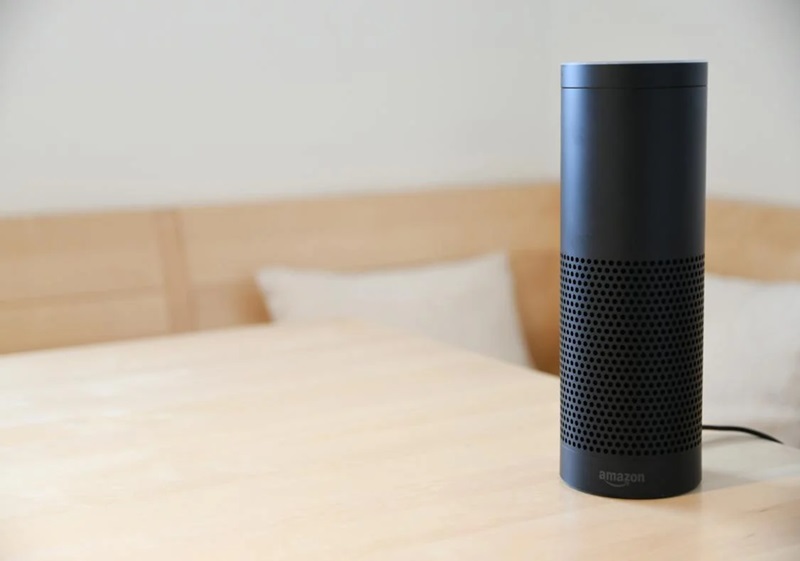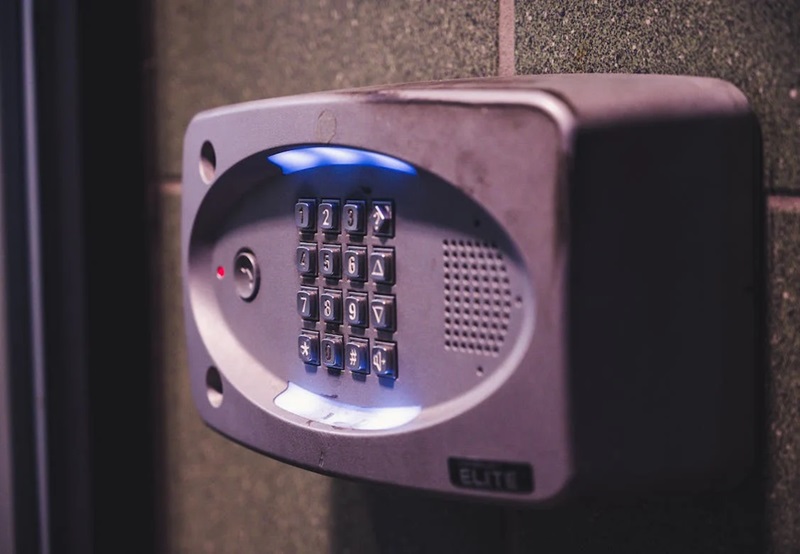How to Secure Your Home with Smart Home Technology

In an era where technology intertwines with our daily lives, securing our homes has transcended beyond traditional means. Smart home technology, a blend of convenience and security, offers an innovative way to safeguard your living spaces. This blog post delves into the nuances of utilizing smart home technology to fortify your home, focusing on integrating systems like Amazon Alexa and Total Connect 2.0.
Smart Home Security
The advent of smart home technology has revolutionized home security. Unlike conventional security systems, smart home security offers interactive features, remote control, and automation, enhancing the safety and efficiency of your home. Integrating various smart devices and systems, such as cameras, sensors, alarms, and smart locks, provides a comprehensive approach to security.
Amazon Alexa
Integrating Amazon Alexa with Total Connect 2.0 marks a significant step forward in smart home security, offering homeowners an enhanced and more interactive method to control their security systems. For a detailed understanding of this integration and its functionalities, you can explore the Amazon Alexa and Total Connect 2.0 Integration Guide, which provides a comprehensive overview.
Enhancing Home Security with Smart Technology
Smart home technology not only offers convenience but also enhances the security of your home. Here’s how:
Smart Cameras and Surveillance
Smart cameras are integral to modern home security systems, offering advanced features that enhance surveillance and remote monitoring. These cameras typically come with motion detection technology, which allows them to trigger recording or send alerts when movement is detected in their field of view. This feature is handy for monitoring entry points or sensitive areas around your home.
Night vision capabilities are another critical feature. Using infrared technology, these cameras can capture clear video footage in low light conditions or even complete darkness, ensuring round-the-clock surveillance.
Many smart cameras also offer live streaming capabilities, allowing homeowners to view real-time footage of their property from anywhere in the world via a smartphone or web application. Additionally, these cameras can send real-time alerts and notifications to your smartphone, providing immediate updates on any suspicious activity detected and ensuring you’re always aware of what’s happening at home.
Smart Locks and Access Control
Smart locks revolutionize how we secure our homes by providing keyless entry and remote access control. These locks typically use Wi-Fi or Bluetooth and can be locked or unlocked remotely via a smartphone app. This feature is handy for granting access to your home even when you’re not physically present, like letting in a family member or a trusted service provider.
Many smart locks allow you to create temporary access codes for guests, which can be programmed to expire after a set period. This way, you can provide access to visitors without compromising your home’s overall security. Smart locks often log entry and exit times, which means you can monitor who enters and leaves your home and when providing additional security and oversight.
Sensors and Alarms
Door and window sensors are fundamental components of a home security system. These sensors detect when a door or window is opened or closed and trigger an alarm if unauthorized access is detected. They are typically easy to install and can be placed on any door or window to enhance the security of those entry points.
Motion detectors are another crucial aspect of home security. They sense movement in a room or designated area and can trigger alarms or turn on lights when detecting motion. This can deter potential intruders and alert homeowners to unexpected activity within their property.
Integration and Automation
Integrating various smart devices creates a cohesive and efficient security ecosystem. Homeowners can create automated routines and scenarios that enhance security and convenience by connecting devices like cameras, locks, sensors, and lighting systems. For example, lights can be programmed to turn on automatically when motion is detected, simulating occupancy and deterring potential intruders when you’re away.
Automation also extends to scenarios like triggering an alarm when a window sensor is activated or locking all doors at a specific time each night. These automated actions can be customized based on personal preferences and routines, offering a tailored approach to home security.
The Role of Artificial Intelligence
Artificial Intelligence (AI) in smart home technology has increased security. AI-powered devices can learn from your habits and make intelligent decisions, like adjusting lighting based on the time of day or detecting unusual patterns that might indicate a security breach.
Managing Smart Home Security
While smart home technology offers enhanced security, it’s essential to manage these systems effectively:
- Regular Updates: Keep your devices updated with the latest firmware to ensure they have the latest security features and bug fixes.
- Strong Passwords and Authentication: Use strong, unique passwords for your devices and enable two-factor authentication where available.
- Network Security: Ensure your home Wi-Fi network is secure. Use a strong Wi-Fi password and consider a separate network for your smart home devices.
- Data Privacy: Be aware of the data your devices are collecting and how it’s being used. Read privacy policies and adjust settings to balance convenience and privacy.
Conclusion

Smart home technology offers a dynamic and efficient way to secure your home. By integrating systems like Amazon Alexa with Total Connect 2.0, homeowners can enjoy a more interactive and convenient way to manage home security. As we embrace these technologies, staying informed about managing and protecting our smart home systems is crucial. Embracing smart home technology enhances security and adds a layer of sophistication and convenience to our daily lives.